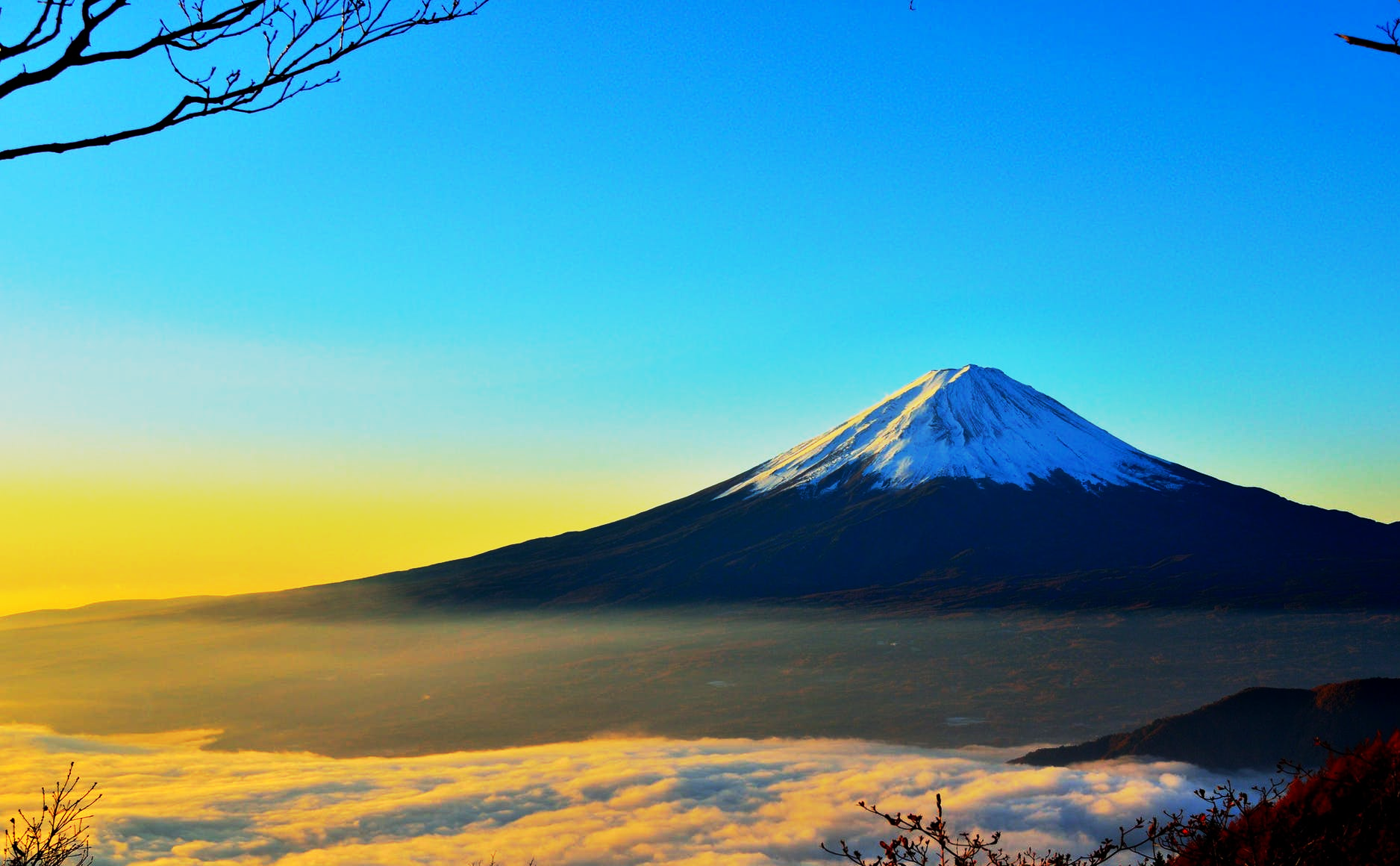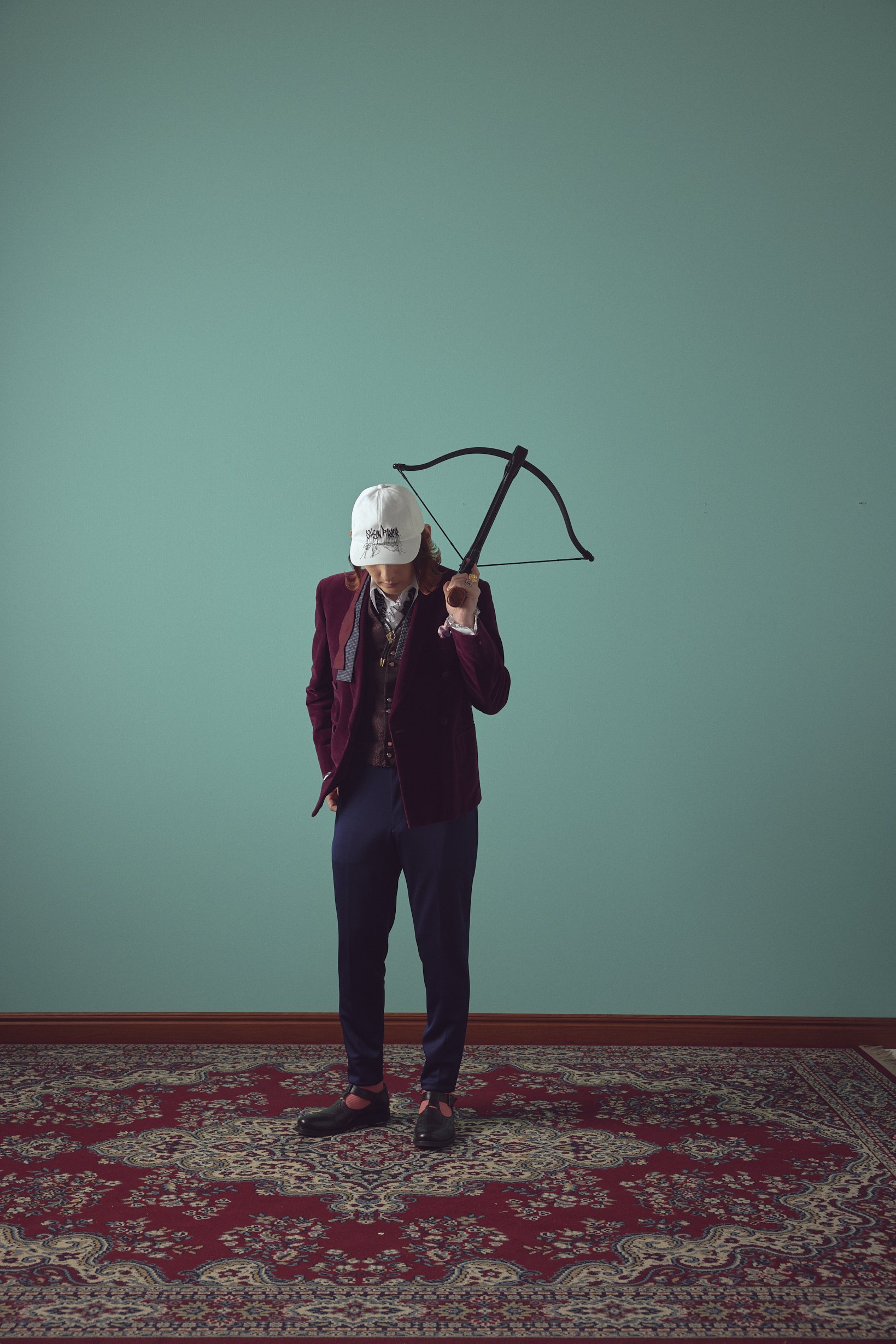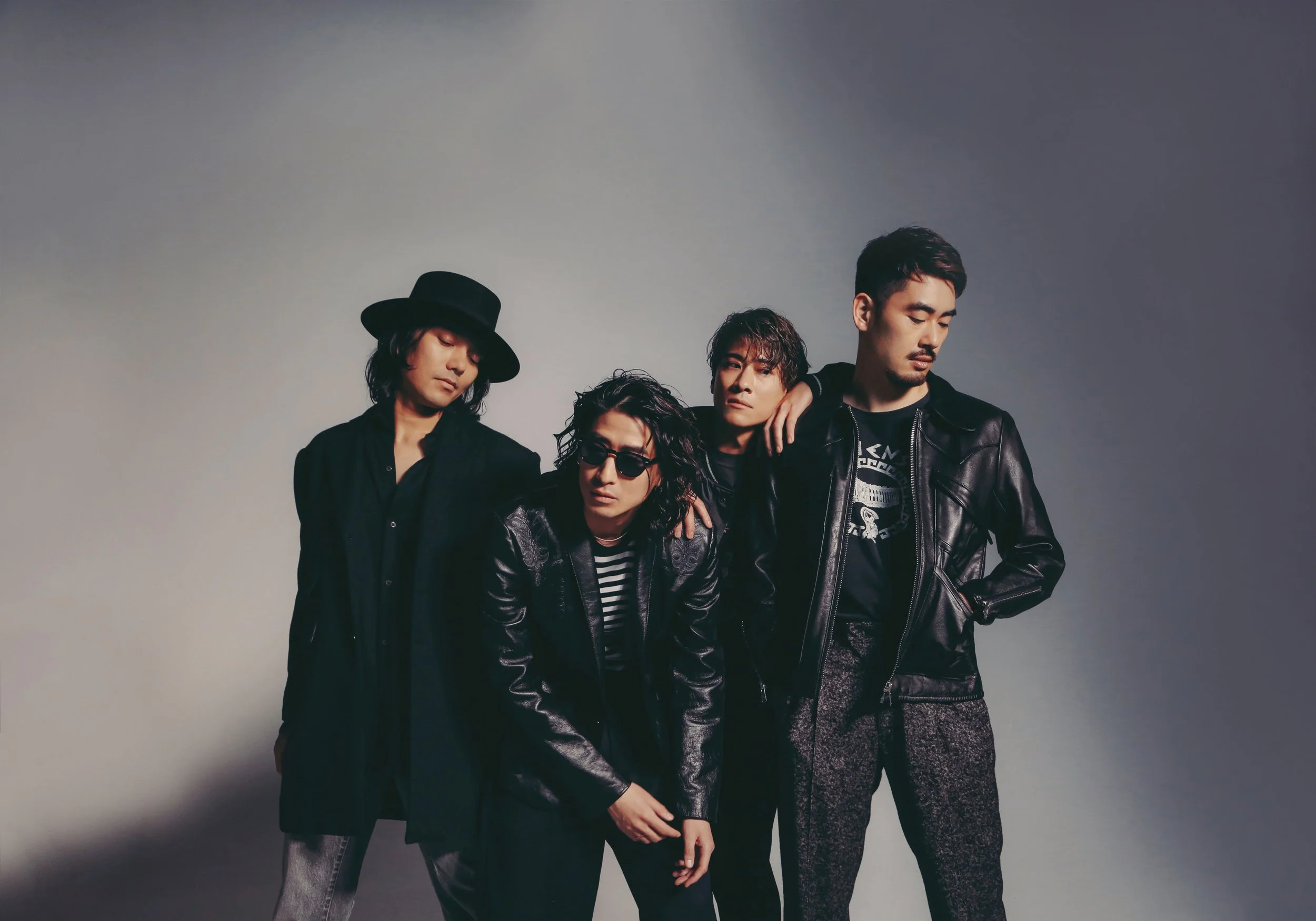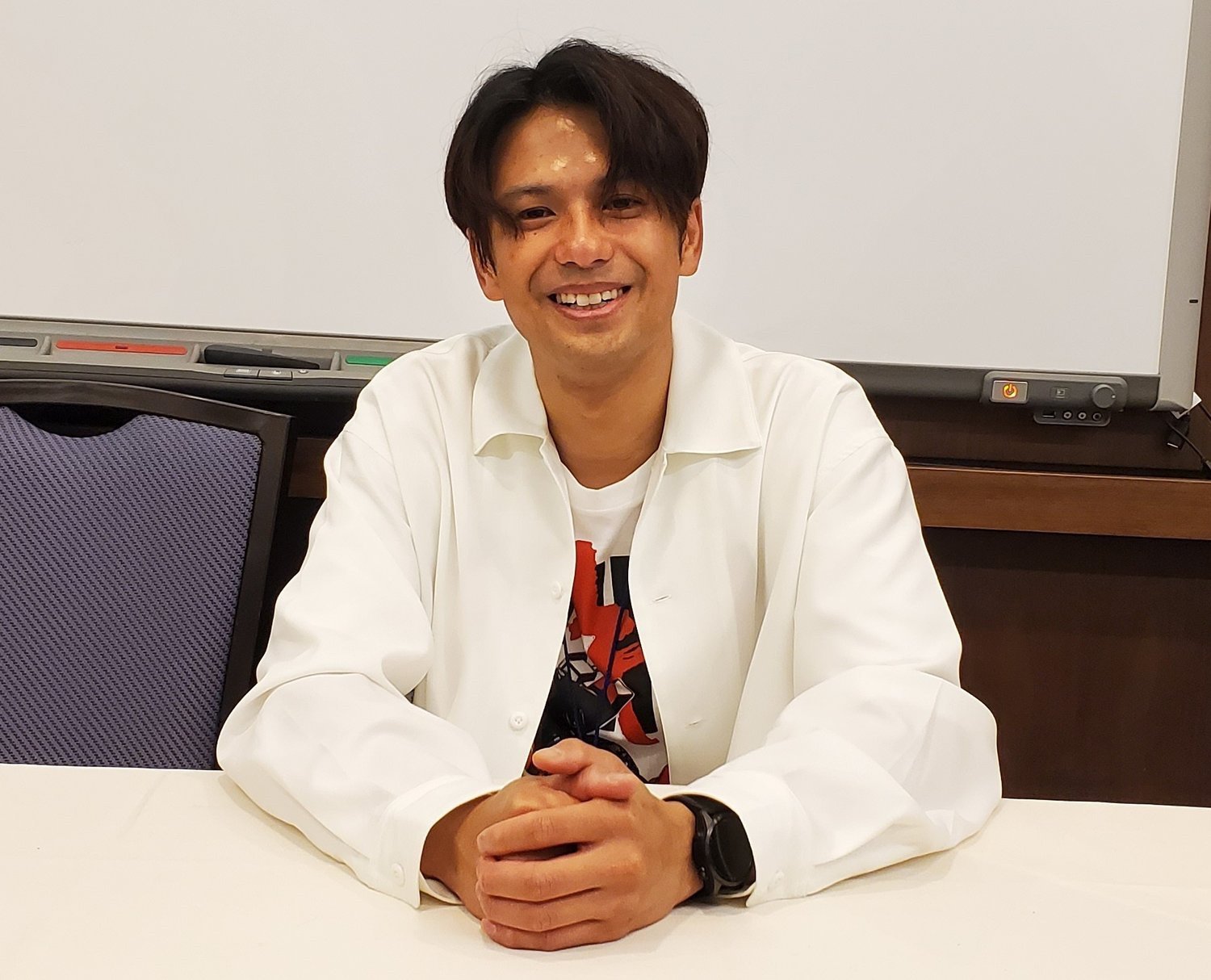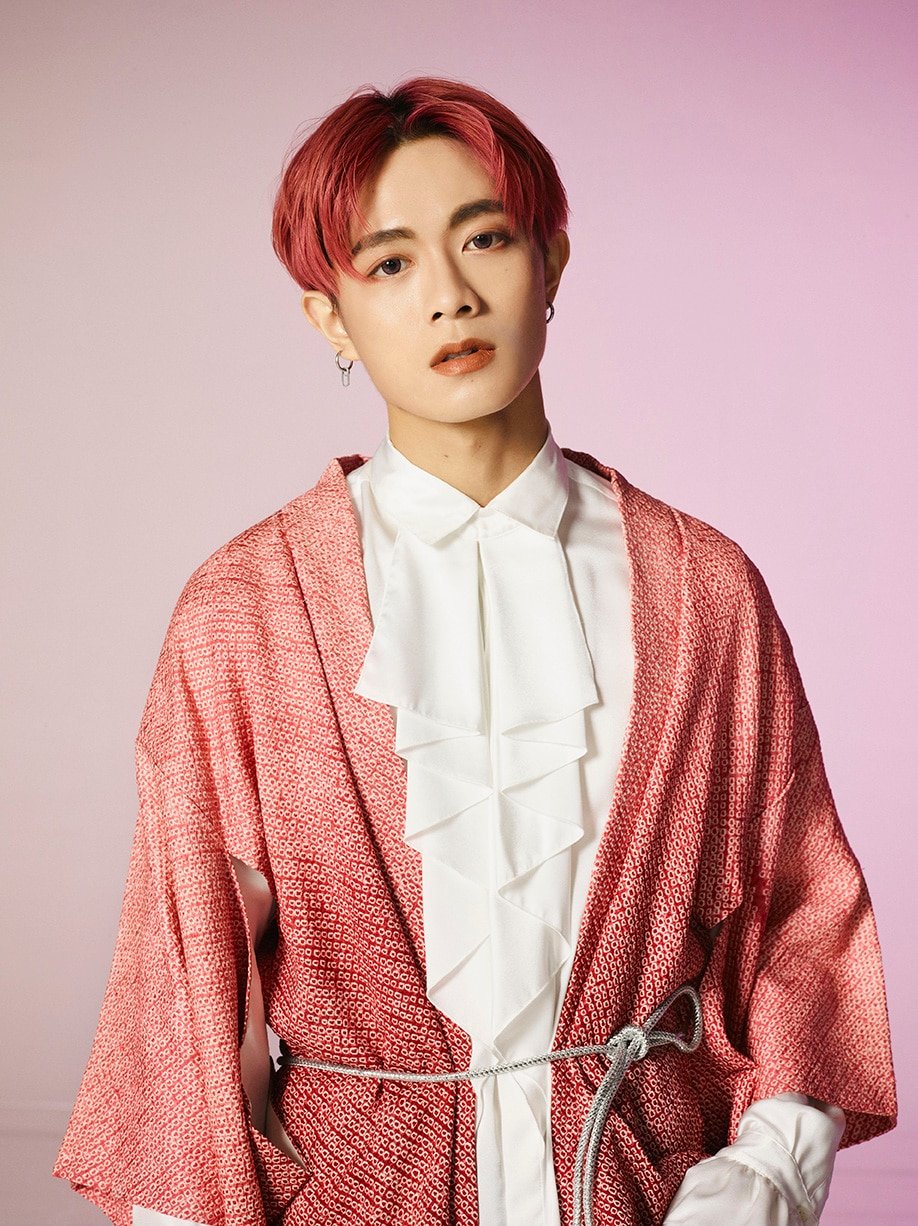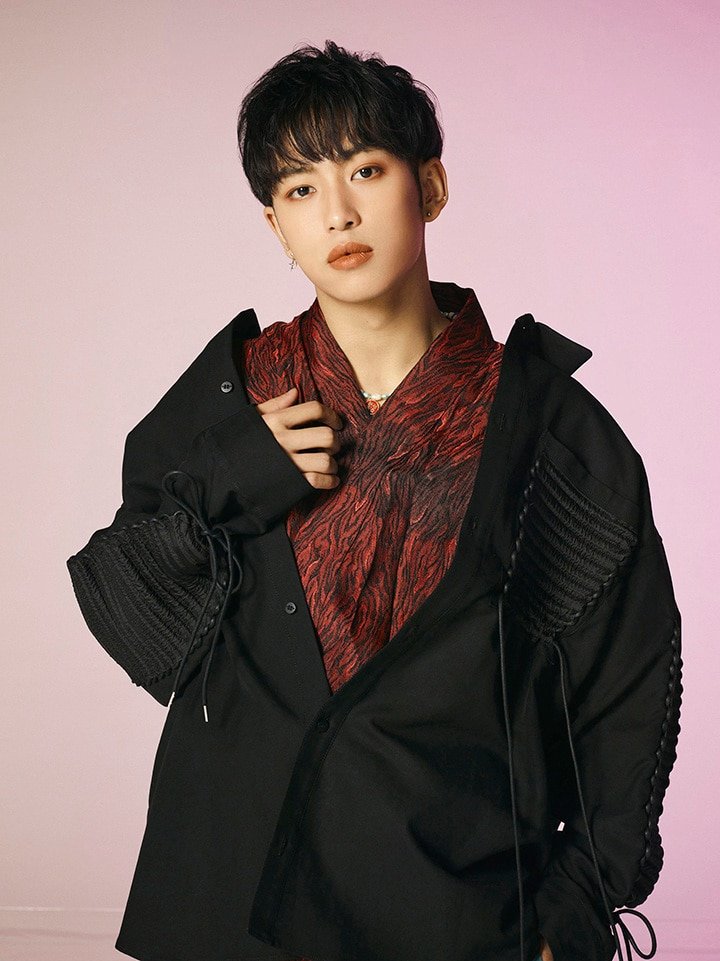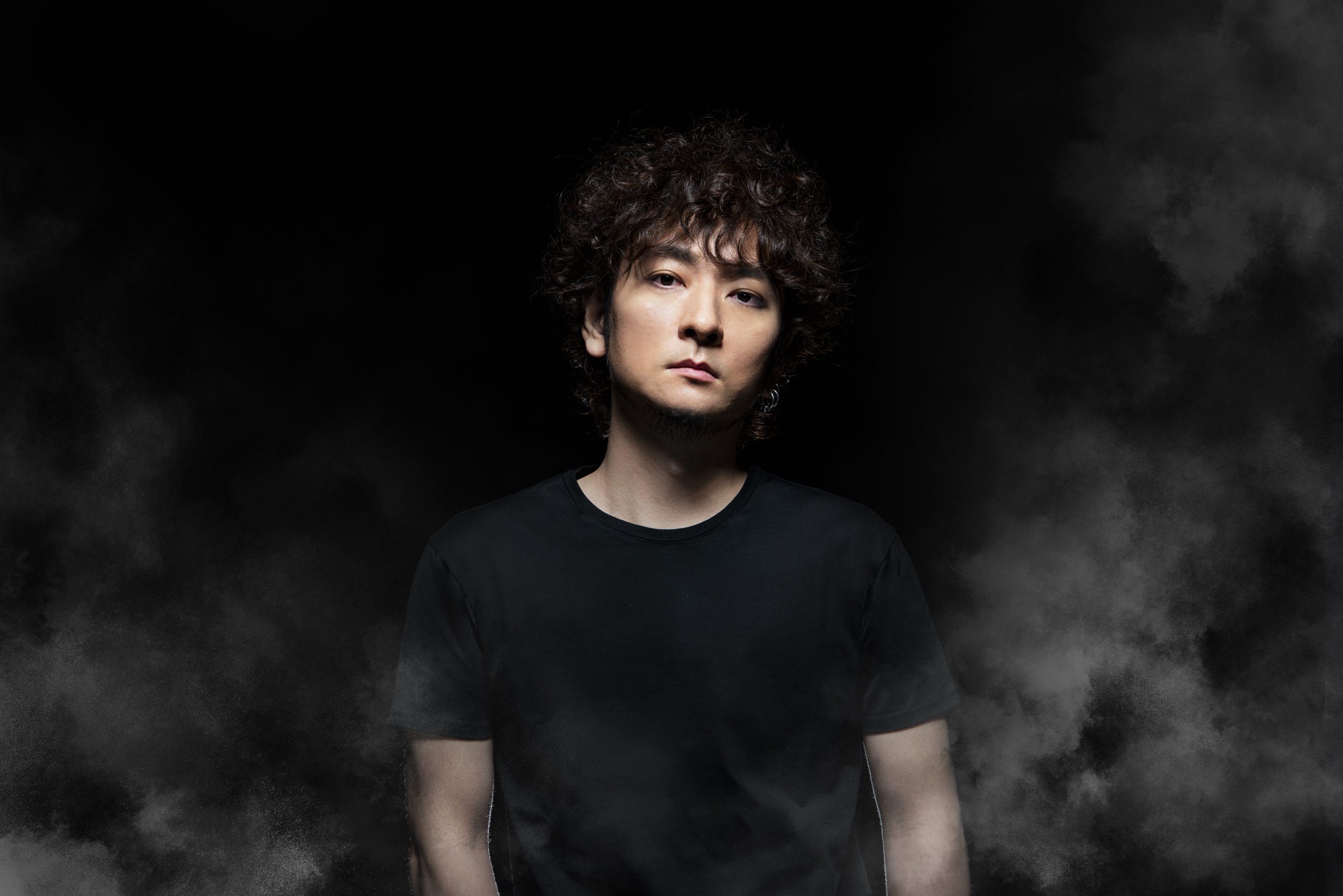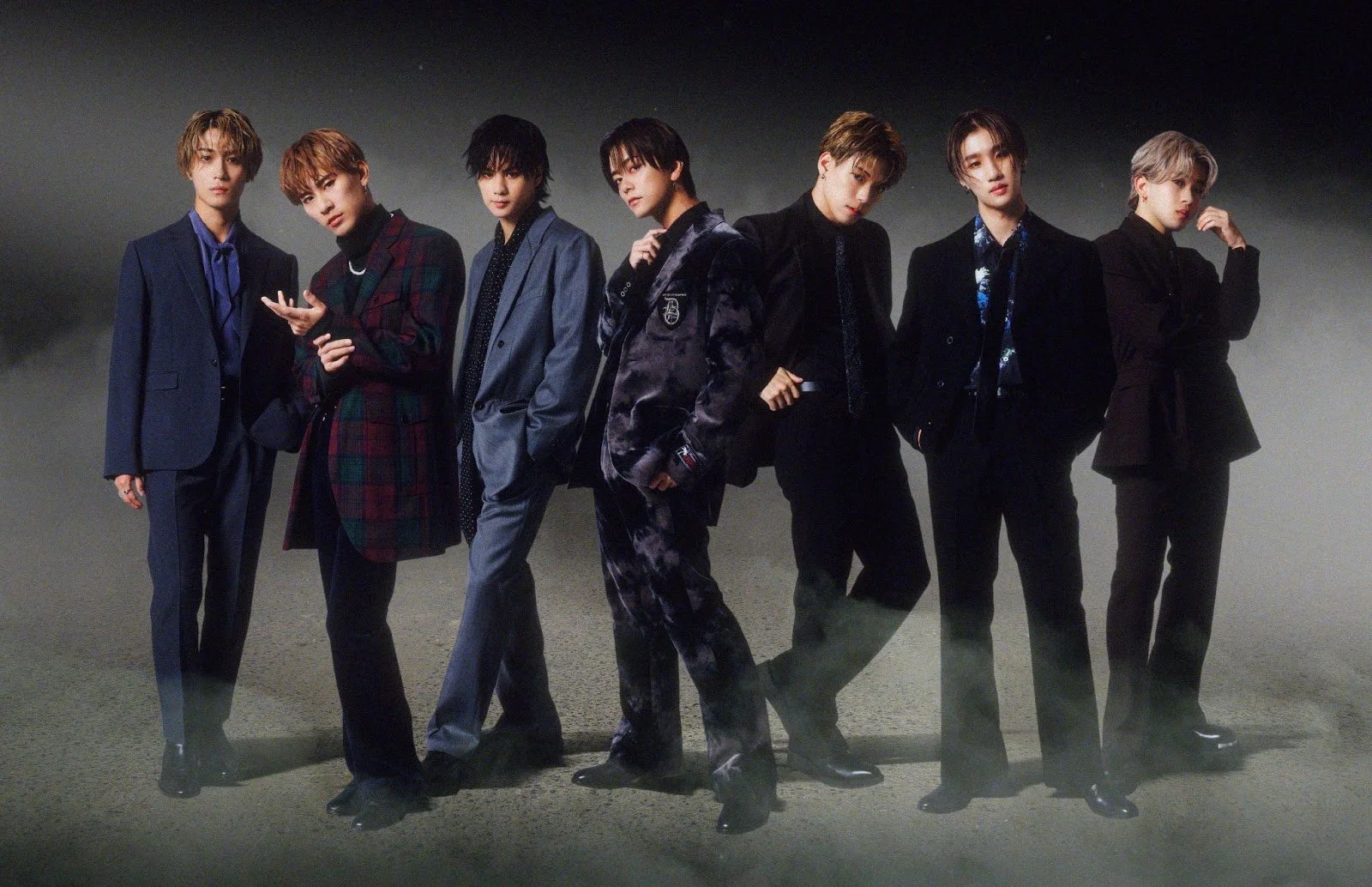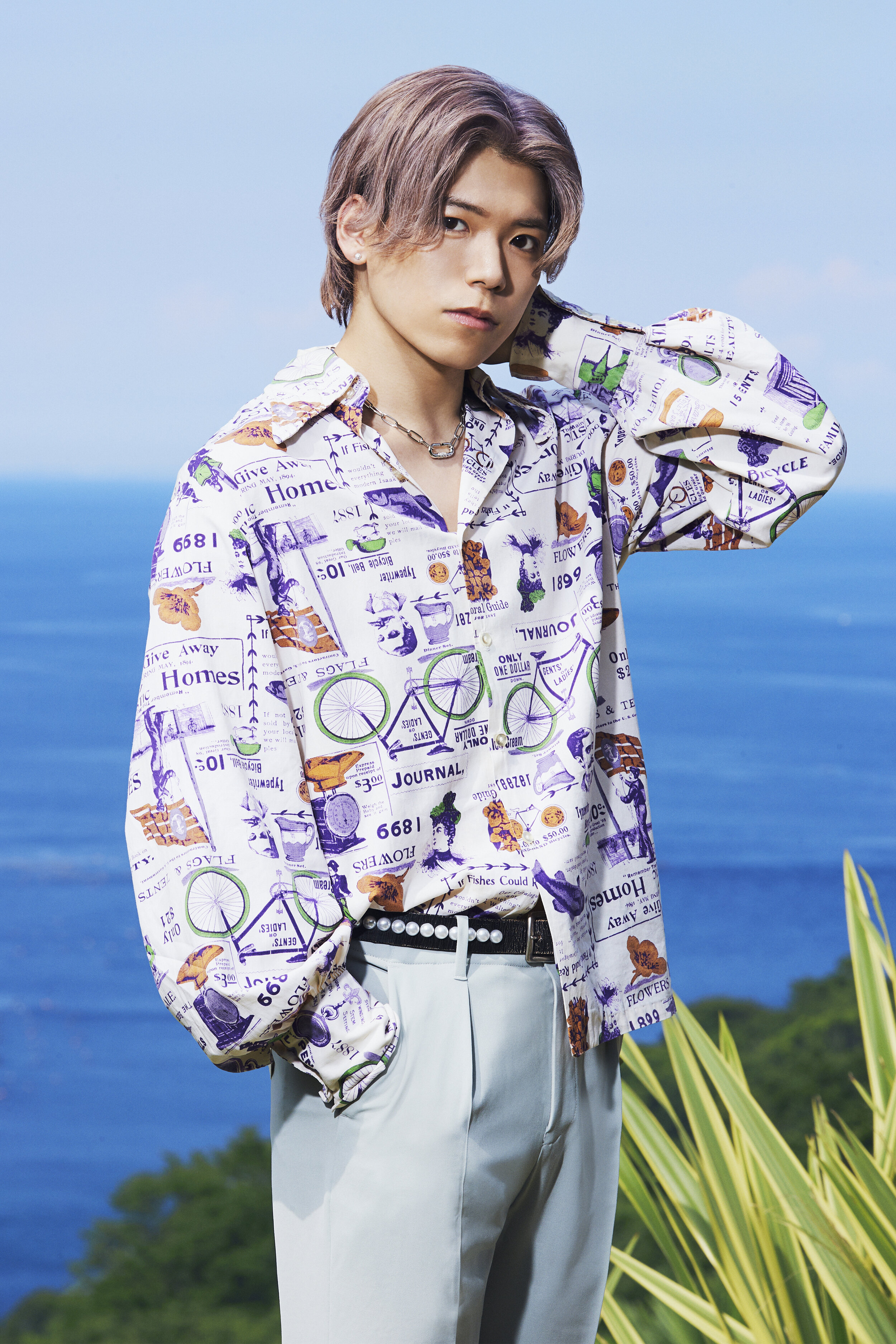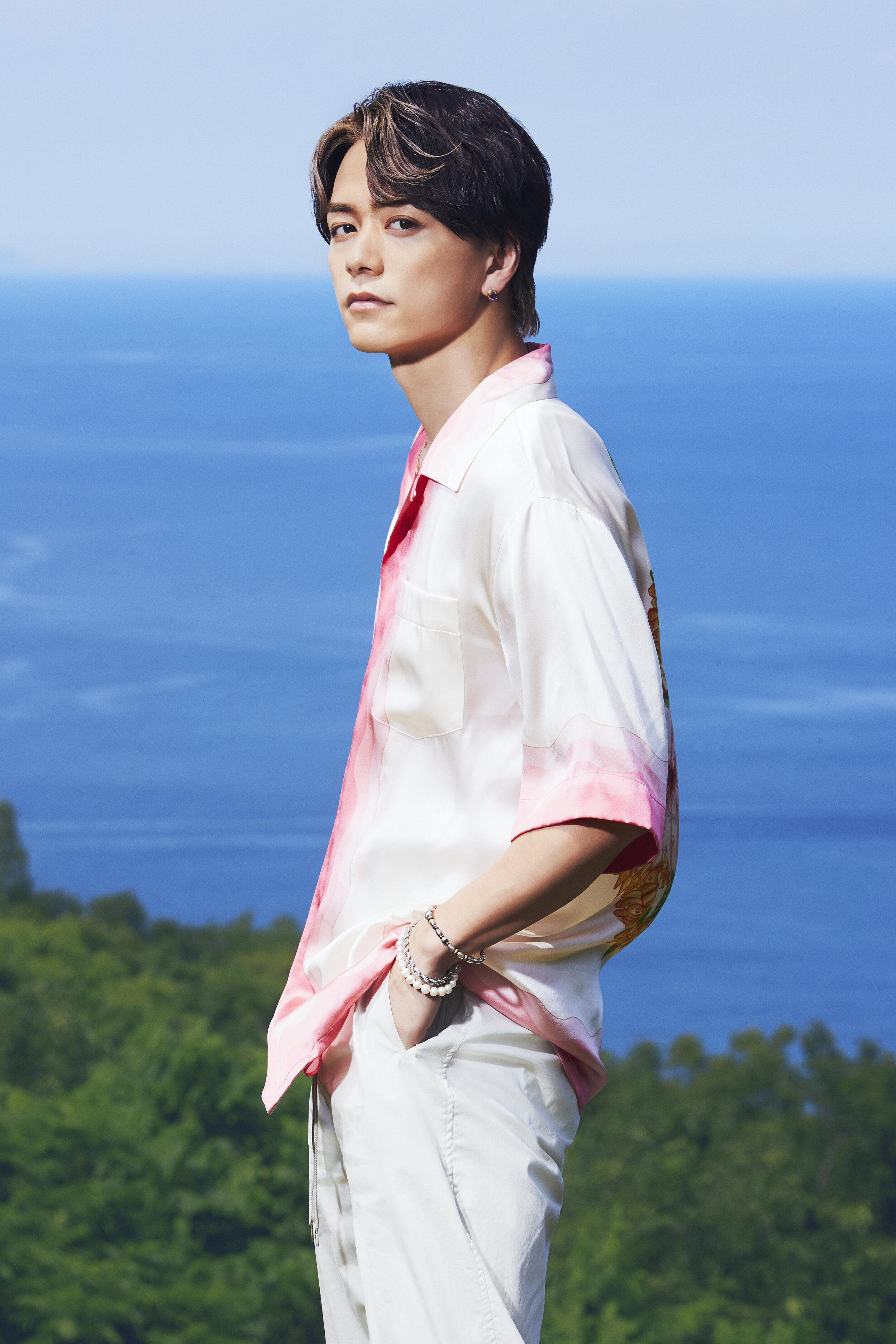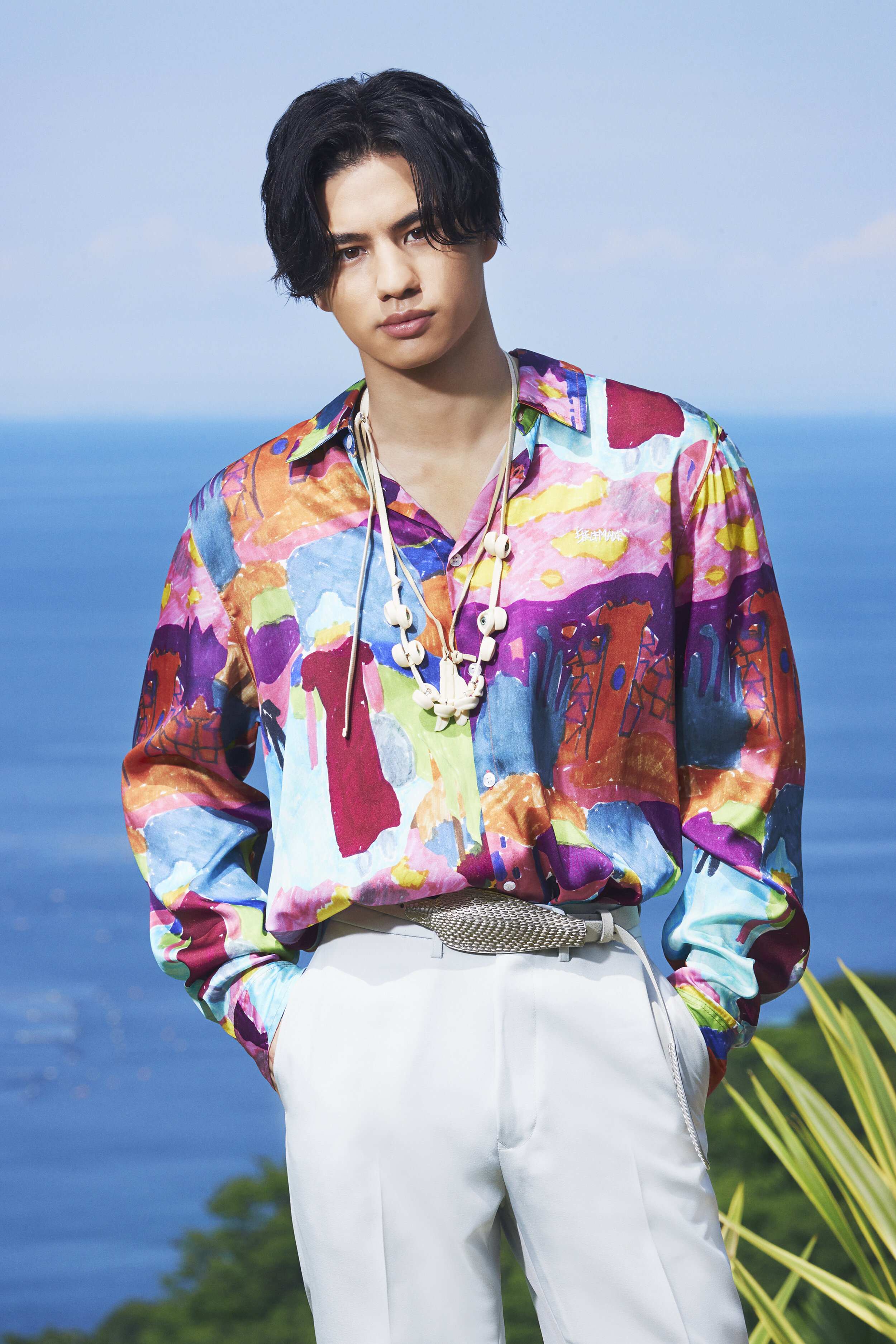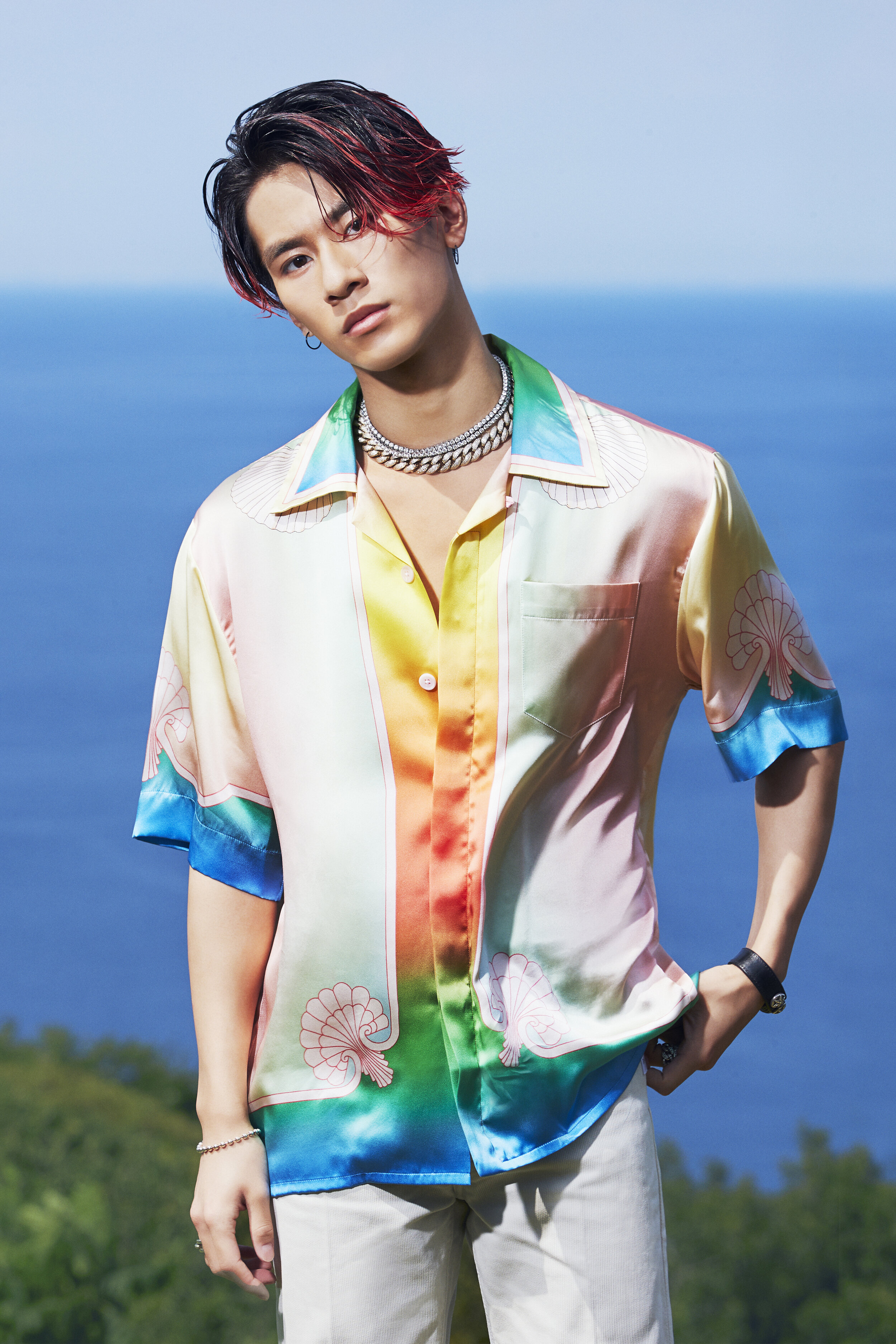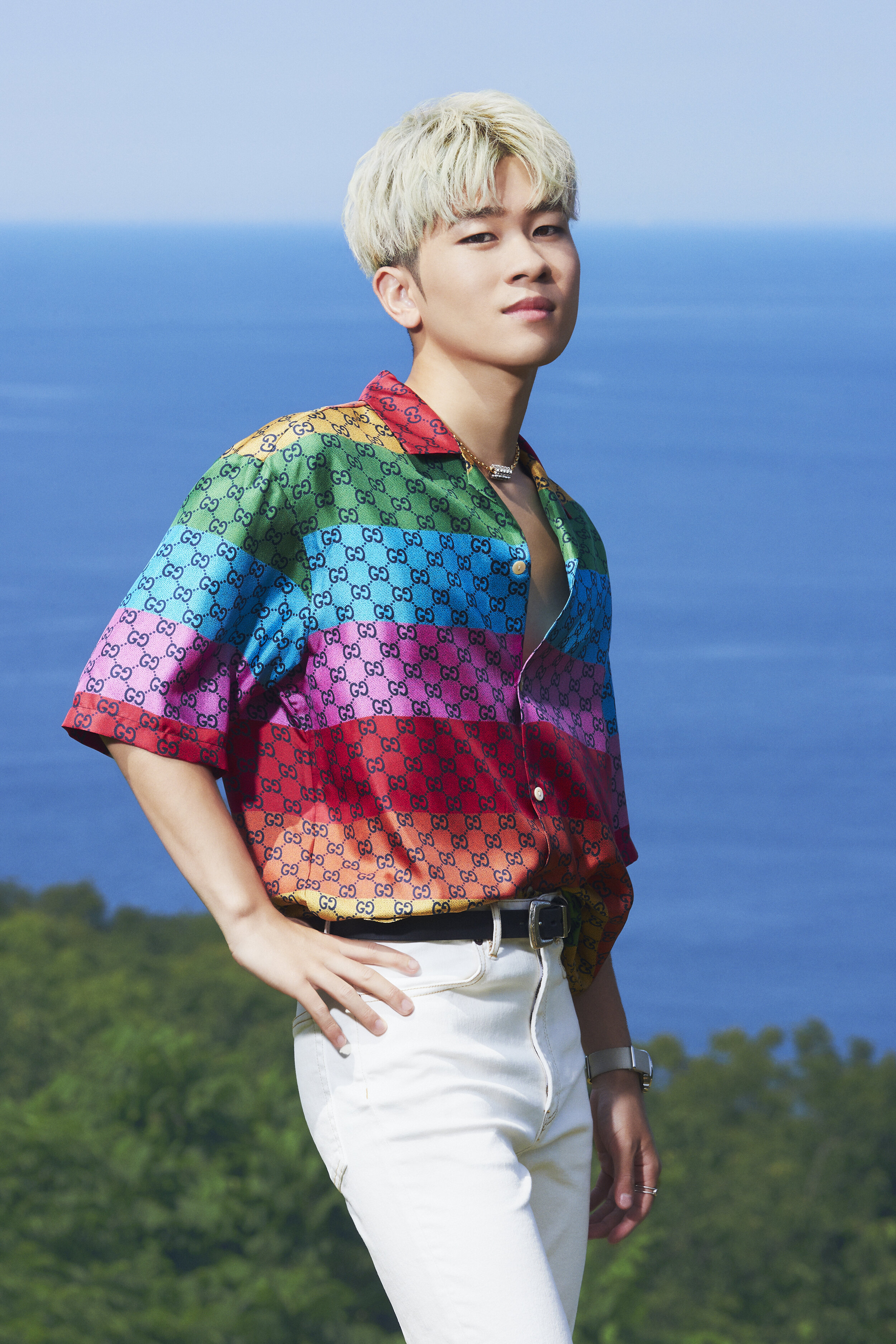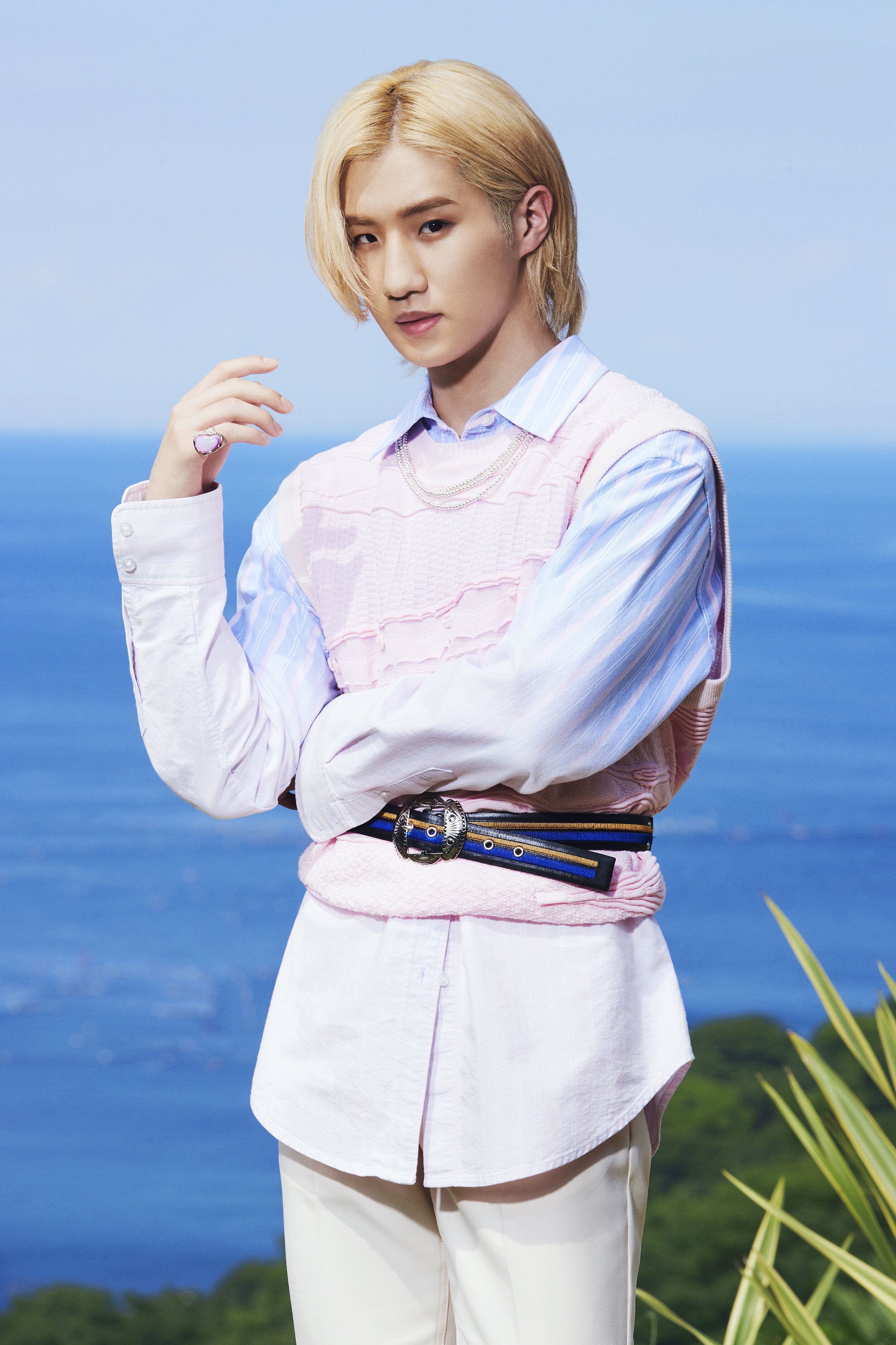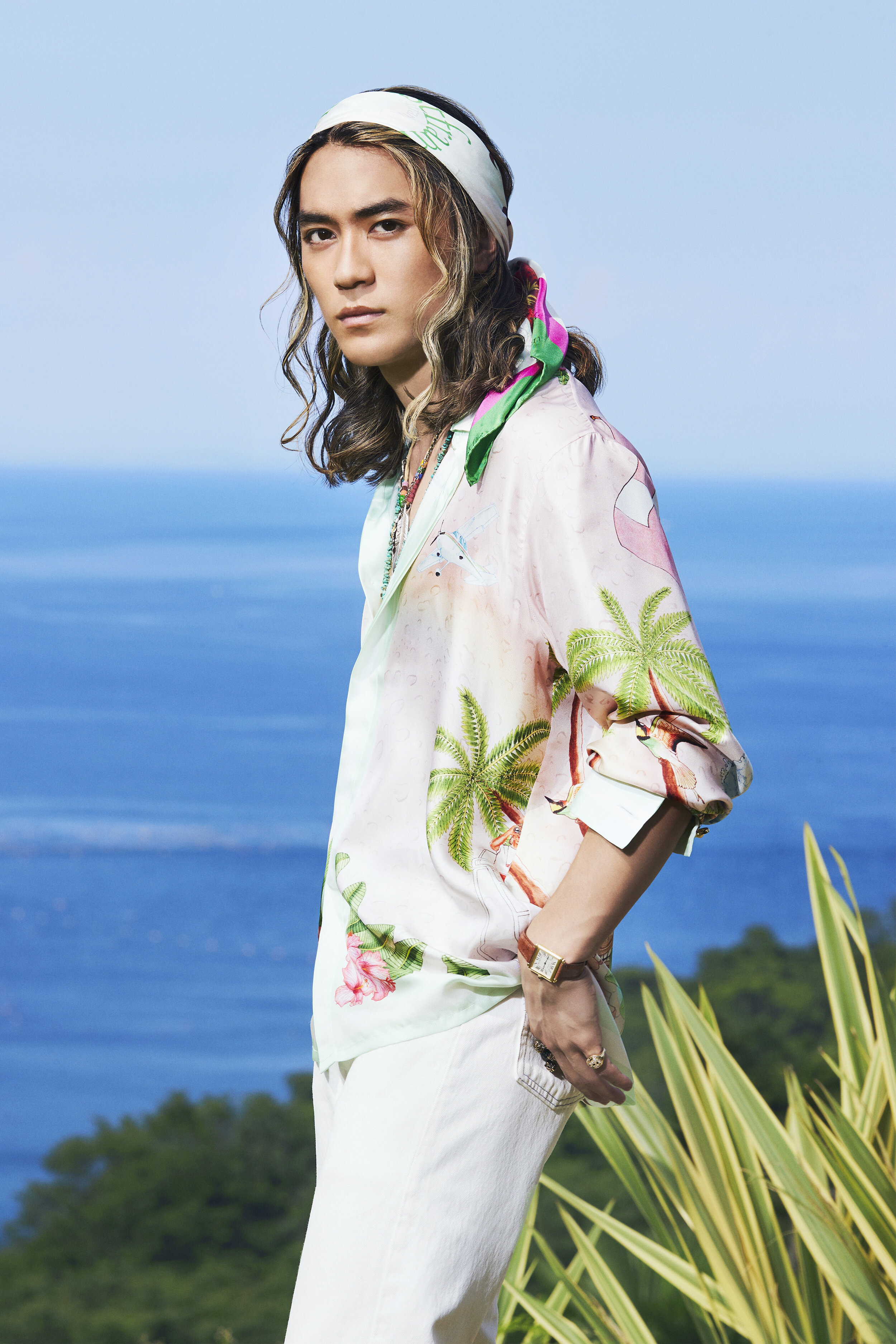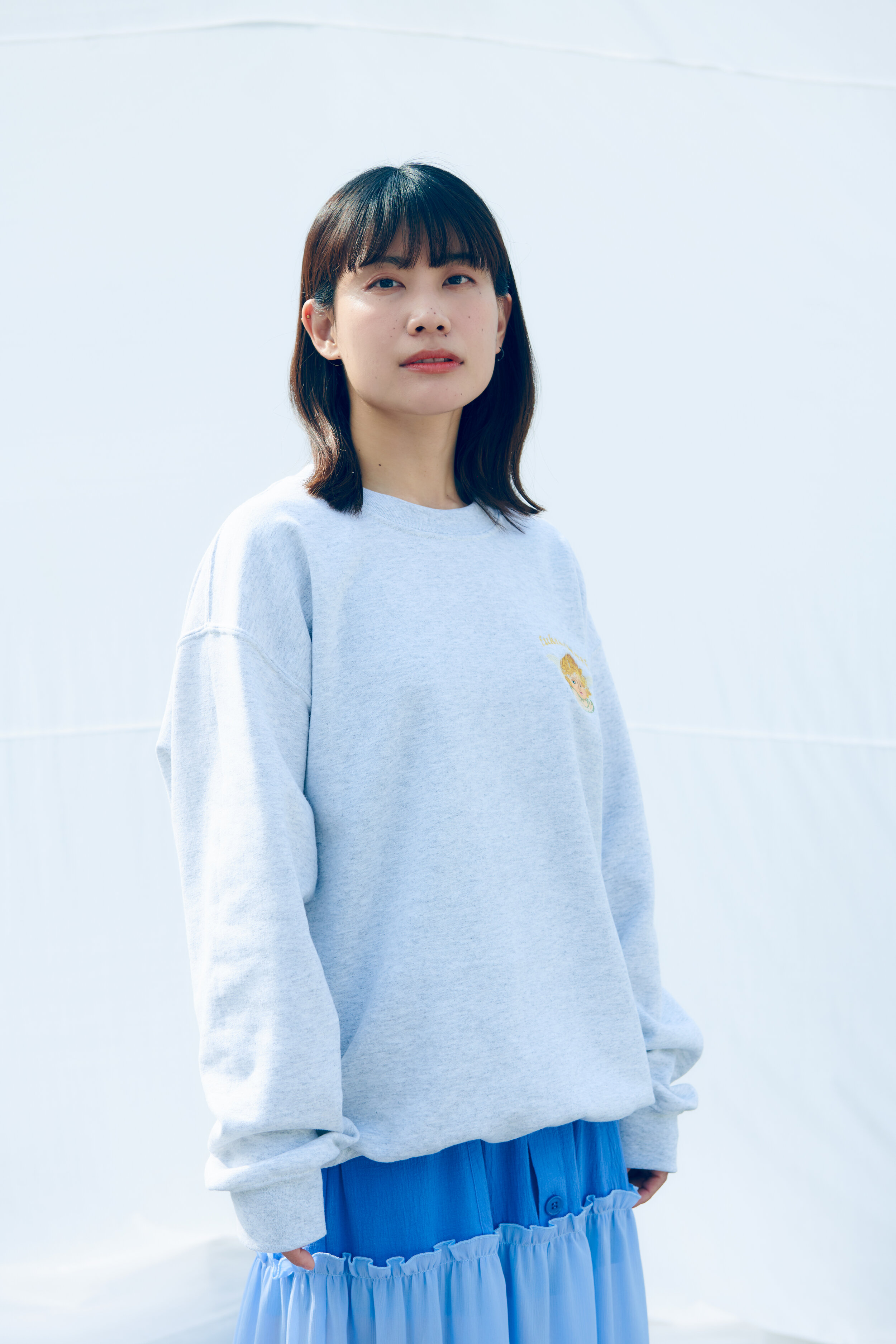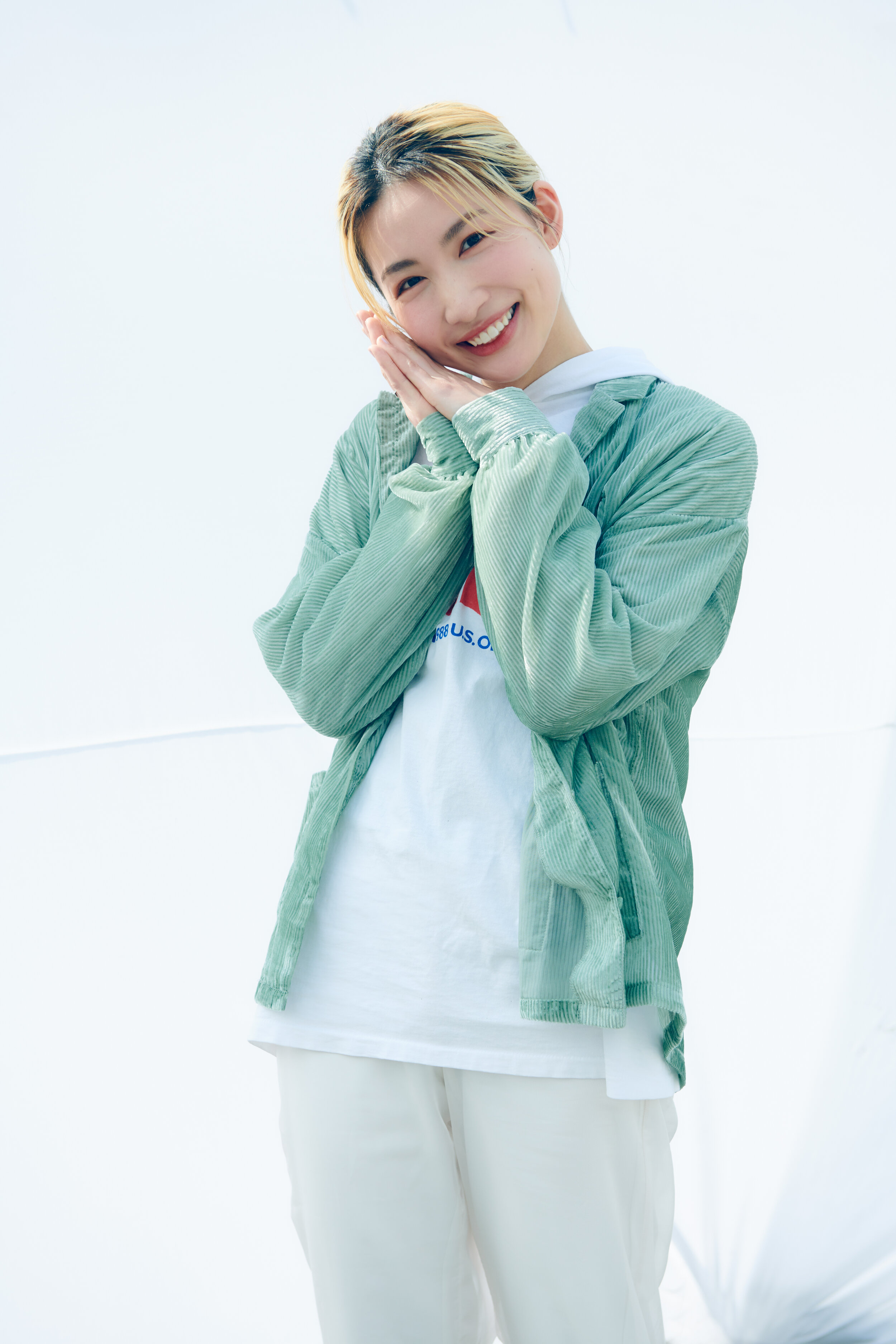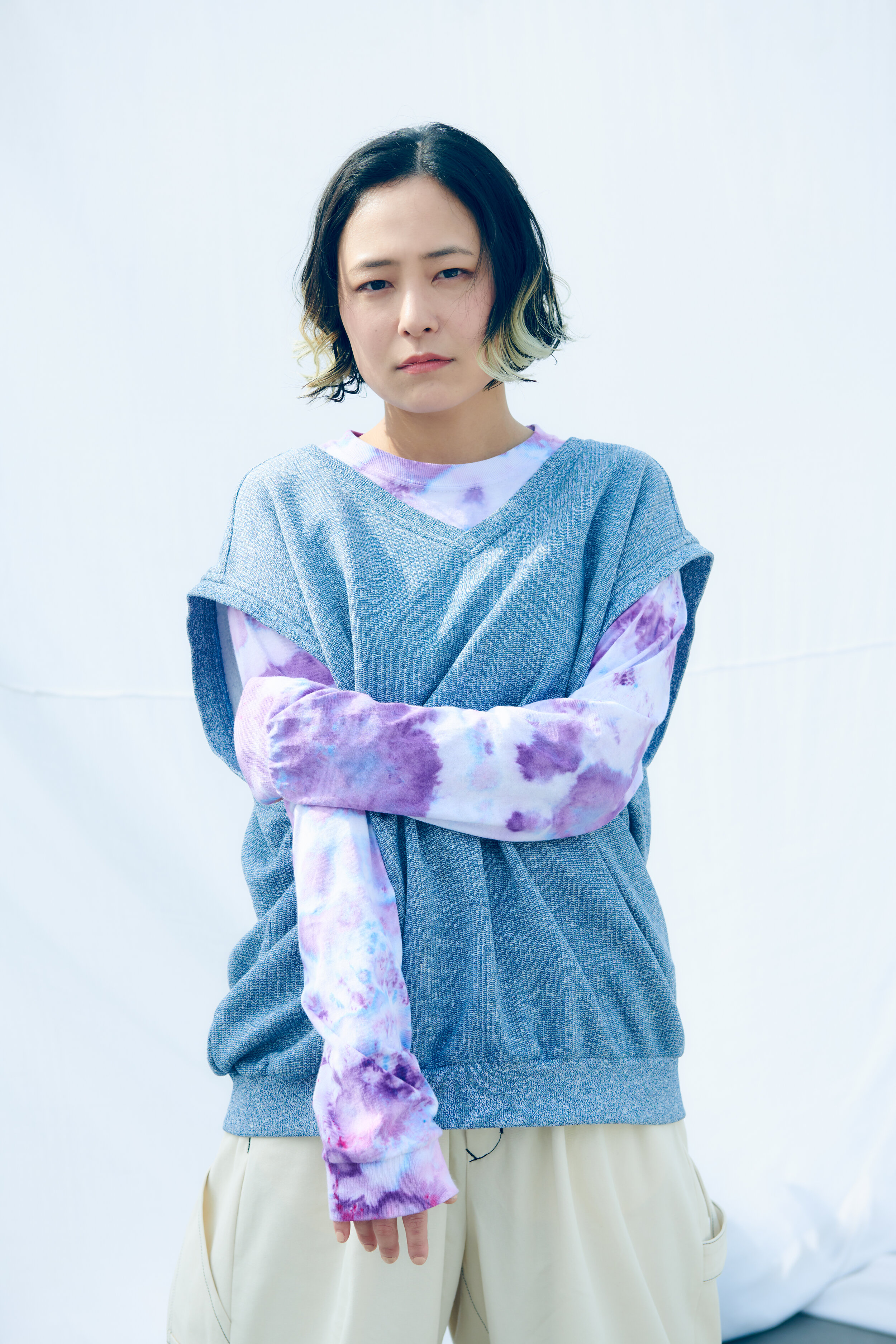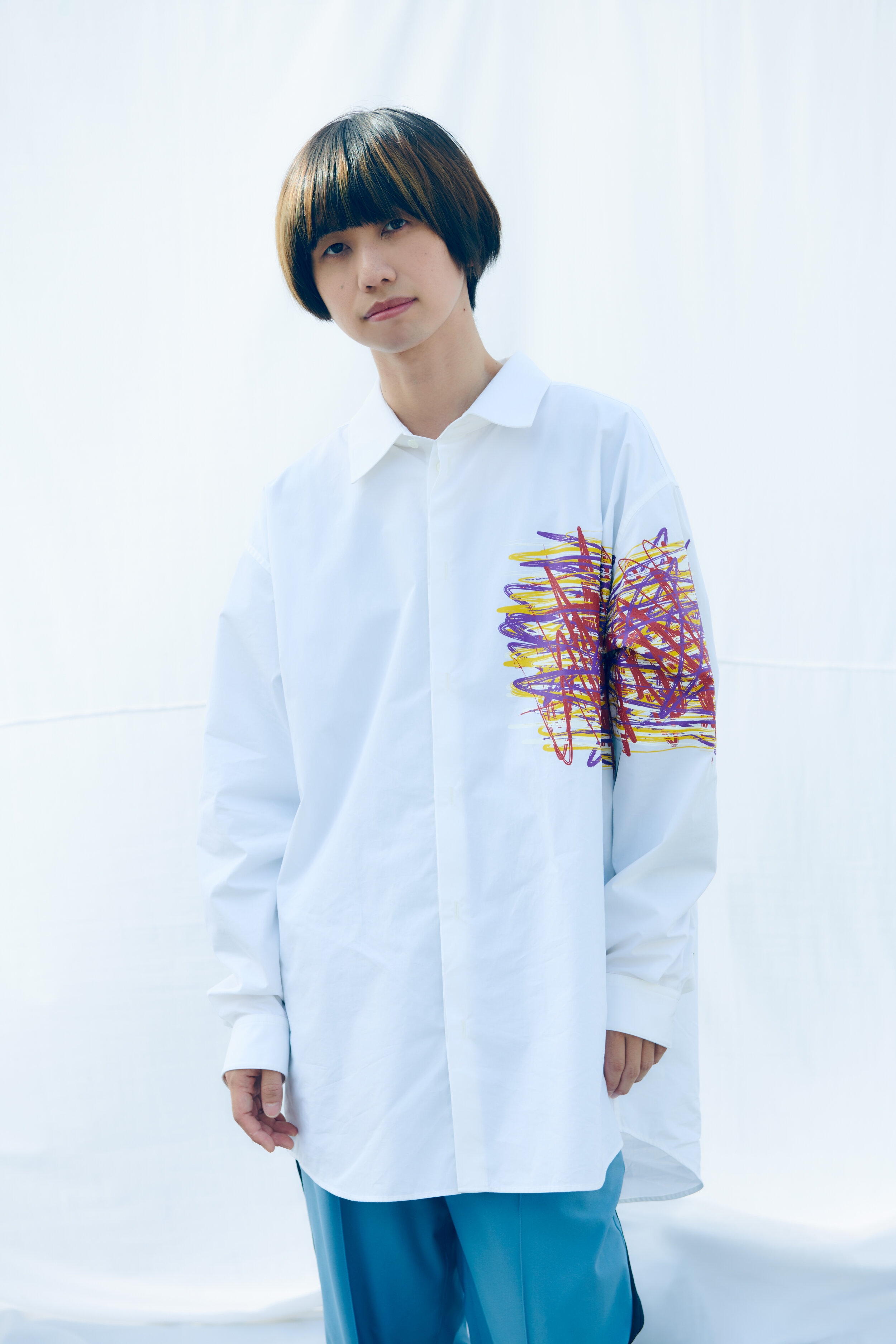Interview: Vicke Blanka
/Vicke Blanka is a versatile songwriter-composer who got his start in 2016. His songs are best characterized by his individuality, melodies, and his beautiful falsetto voice. He started composing music when he was only in elementary school and held the aim to pursue music as a career, attending university in Tokyo. Since his debut, his performances have impressed listeners with out of this world sounds.
Ken: First of all, thank you so much for letting us do this interview. We are big fans and love what you bring to the Japanese music industry. Congratulations on your latest release!
Vicke Blanka: Thank You😘
K: Over your 5-year career what would you say has been your favorite song to compose/write?
VB: Honestly, it’s very difficult. I really like all of my tracks, however I really like the positive vibe style of songs like most recently “Soten No Vampire”.
K: What was the inspiration for your moniker, Vicke Blanka?
VB: It means Pure Pirates, it’s actually quite funny as when I was young, my language was rough however I was really really serious about music.
K: With your latest original album “Black Catcher” having a variety of genres, what was your favorite song to record and compose?
VB: The recording of “Black Catcher” was one of the best, and everything ended up perfect. During the recording, I remember having that feeling of having a pillar of fire burning up.
“If you can get rid of that, you’ll have a really creative feeling.”
K: Do you have a process or certain mindset when creating your songs? If so, would you like to share that process?
VB: I usually wonder if it’s about eliminating the unconscious rules of music. People and other artist tend to choose familiar melodies and words without knowing it. If you can get rid of that, you’ll have a really creative feeling.
K: How did the pandemic affect the way you approach the beats and composition for your music?
VB: Since we didn’t have people getting together in the studio, I was able to train myself to pretty much complete everything myself. I can now do beats, bass, synths, and even the FX myself. The result is the amazing track “Soten No Vampire”.
K: What song(s) had an impact on you growing up?
VB: Michael Jackson, Ben Folds, MIKA were like my teacher
K: What are some challenges you have faced as an artist? How have you overcome them?
VB: I make music depending on my mood, so a lot of the time genre usually isn’t decided, which caused trouble for the promotional companies. I was told that I didn’t know how to sell the products that I’m usually given lol. But if I kept that stance, I could have the moniker of being an artist that, “can do anything.”
“Find something that is second to none and go to a place that no one can reach.”
K: What made you choose a path in the music industry? Who had the most inspiration for you and led you to choose this path?
VB: The teachings of my parents really had a big impact. “Find something that is second to none and go to a place that no one can reach.” Teaching has that feeling of being ingrained to my personality.
K: Which artist would you say is your biggest inspiration? Also are there any international artists who inspire you guys as well?
VB: It would have to be Michael Jackson, Ben Folds, and MIKA. Currently favorite artists right now are Conor Ross and Alan Walker. Alan and I had a set together at Summer Sonic and we would listened to my new song together as well.
K: You are a gifted guitarist and pianist. Which instrument took longer for you to learn how to play?
VB: Perhaps I have a talent for musical instruments as none of them took so long to learn. I didn’t have to learn perform a fast guitar solo because it was all about understanding the role of the instrument.
K: Is there a particular genre of music you would like to write a song for that you haven’t already?
VB: I want to create a more acoustic atmosphere, and have it only hearing me fingering an electric guitar along with my vocals.
K: For international fans, how they usually find out about J-pop is through anime. First, do you guys watch anime? If so, which would you say is your favorite?
VB: Like everyone, I love anime. When I was watching "Durarara !!" while living in Ikebukuro, I felt like a character in that anime.
K: Is there a venue you performed at you’ll never forget? Also, is there a dream venue you would like to perform at?
VB: I had a birthday live in Shanghai which was very impressive. I would like to collaborate with various artists in various parts of the world. I'm currently waiting for an offer!
K: What track(s) is your favorite to perform live and why?
VB: Honestly I can’t decide. It usually differs depending on the day.
K: What would you say is your most difficult song to perform?
VB: “Black Catcher”'s complex modulation, and melody is one of the tracks that I think is difficult to copy.
K: Who is the one artist you would love to work with in the future?
VB: I want to make a song with Alan Walker. Rather, I love collaborating with musicians from around the world. I'm waiting for an offer. I’ll keep saying this many times lol.
K: What song have you created that you wish had a music video? What type of music video would you film?
VB: It's a shame that there is no “Black Rover” music video. If there was I would want to shoot it somewhere overseas. I'd be happy if it was an offer to shoot from an overseas team.
K: Do you have a message for your international fans?
VB: I think I'll be able to meet all of my fans in person soon. Please look forward to that day. I’ll be sure to show you the perfect music!
K: Once again, thank you so much for taking time out of your busy schedule and we look forward to your upcoming releases!
VB: Thank you very much!
